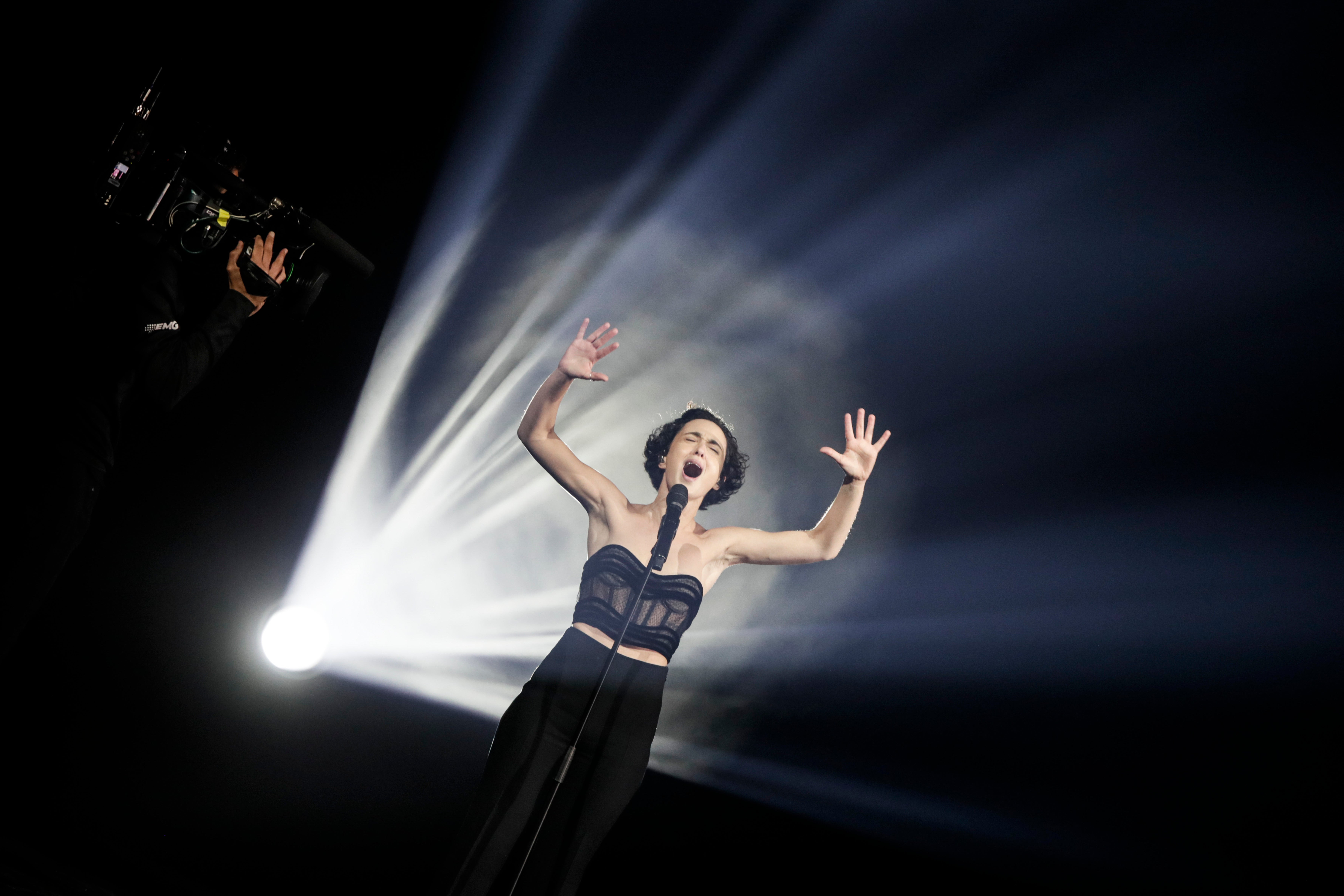Get the party started! Live audience for Eurovision final
The Eurovision Song Contest that was canceled last year because of the pandemic is goes live front of 3,500 fans and a global television audience

After more than a week of rehearsals, two semifinals and 53,000 COVID-19 tests for fans, staff and performers, the Eurovision Song Contest that was canceled last year because of the pandemic goes live Saturday in front of 3,500 fans and a global television audience.
While the hugely popular music festival that oozes flamboyance is seen as a significant step toward a post-pandemic return to live entertainment, not everybody managed to avoid the virus.
The popular Icelandic band Dadi og Gagnamagnid with their kitsch dance moves and green leisurewear are in the final, but cannot perform live because one member tested positive. Instead viewers will see a recording of one of the band's dress rehearsals.
“The point was to go and actually experience how it was to compete in Eurovision and that’s just really not happening,” lead singer Dadi Freyr said from isolation in Rotterdam
While the entertainment world has changed in the pandemic, the Eurovision final formula familiar to its worldwide legion of fans has not. The event is being hosted as usual by the last winner, the Netherlands, except that it won in 2019.
After acts from 26 countries perform their songs Saturday night, they are awarded points by panels of music industry experts in each competing nation and by members of the public voting by phone, text message or via the contest's app. The winner takes home a glass microphone trophy and a potential career boost.
The two favorites among bookmakers couldn't be more different. One is Maneskin, an Italian band whose blend of funk and rock channels the Red Hot Chili Peppers The other is Barbara Pravi, a French singer whose style harks back to Edith Piaf.
Pravi's song "Voila," is a restrained ballad, but there is still plenty of the over-the-top spectacle that has become Eurovision's trademark.
Norway's singer Andreas Haukeland, whose stage name TIX is a reference to growing up with Tourette syndrome, sings his song “Fallen Angel” in a pair of giant white wings while chained to four prancing devils.
Cyprus' Elena Tsagrinou is flanked by four dancers in skin-tight red costumes as she perfoms “El Diablo,” a song that has ignited protests among Orthodox Christians on the Mediterranean island who claims it glorifies satanic worship. Tsagrinou says it's about an abusive relationship.
San Marino has enlisted the help of U.S. rapper Flo Rida to join performer Senhit in her bid to win the title for the first time for the tiny city-state surrounded by Italy.
Members of Iceland's entry are hoping to be allowed out of isolation to watch the final at Rotterdam's Ahoy Arena.
"I don’t see why we shouldn’t, because we’ve been quarantining for a week and we all tested negative except for one member,” Freyr said.
Bookmark popover
Removed from bookmarks